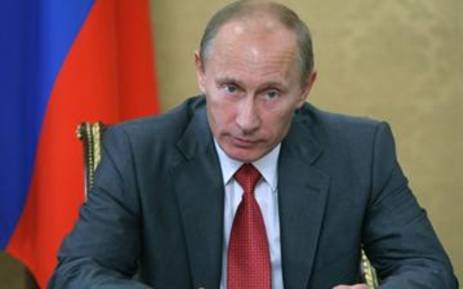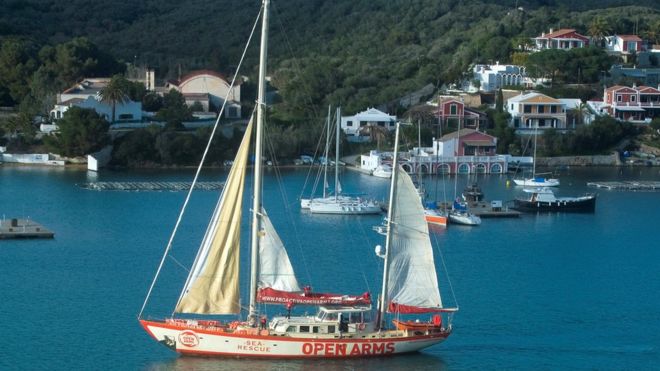Download PDF :


bne Intellinews (20 March 2018)
Romania’s government will set up a committee to evaluate the fundamentals and draft a calendar for adopting the euro by 2024 by government this week, the ruling majority’s leader Liviu Dragnea announced on March 20 after the weekly meeting of the senior ruling party leadership, quoted by profit.ro news service.
Similar attempts to stick to an euro adoption calendar failed in the past amid a lack of political support. The circumstances are now even less favourable in terms of fundamentals, meaning that more political commitment is needed to adhere to a new adoption target.
The previous failures raise question marks as regards this latest attempt. The fiscal slippage and rising inflation at this moment are not favourable circumstances, but setting the euro adoption calendar could benefit Romanian by serving as a framework for coordinated monetary and budgetary policies.
Such a move would indicate an unexpected improvement in budgetary predictability after the European Commission and International Monetary Fund (IMF) have constantly warned Romania over the past couple of years about the imminent risks of fiscal slippage.
Romania’s latest euro adoption target (January 2019) was set by prime Minister Victor Ponta in 2014, but it was abandoned in early 2016 as unrealistic. The cabinet of technocrats headed by Prime Minister Dacian Ciolos avoided setting a new target and deferred the decision to be taken by a government with political support after the December 2016 elections.
The new committee, formed by representatives of the Romanian Academy, the presidency, government, non-government organisations and local administrations, should ink the calendar by November 15 this year, according to sources. The calendar should be implemented starting January 2019.
Notably, the central bank is not explicitly mentioned among the institutions contributing to the committee. The country’s monetary authority has avoided playing a focal role in the euro adoption process so far, and it has frequently mentioned the need to meet the real convergence criteria first and in addition to reach a reasonably high average GDP per capita compared to the euro area average.
Romania’s Convergence Programme 2017-2020 completed by the government in May 2017 (the programme is updated every two year) includes no specific target but indicates a commitment to the adoption of the euro as “an important anchor for the implementation of efficient and coherent budgetary, structural and institutional policies”.
Romania is not the only country among the newer EU member states from Southeast Europe to dream of adopting the euro. While their counterparts from the Visegrad region have taken an increasingly combative approach towards Brussels, Bulgaria, Croatia and Romania are all looking to take a more central role within the 28-member bloc.
Bulgaria, which currently holds the rotating presidency of the EU Council, announced its intentions to apply to enter the Eurozone’s waiting room, the European Exchange Rate Mechanism (ERM2), in the first half of 2018, although European Commission President Jean-Claude Juncker has warned the country does not yet meet the criteria to join the eurozone.
Meanwhile, Croatian Prime Minister Andrej Plenkovic set out his country’s ambitions for euro adoption in 2017, saying that Croatia plans to enter ERM-II before 2020, when the country takes over the presidency of the European Union. However, he declined to announce a target date for adoption of the currency.
http://www.intellinews.com/romania-to-draw-up-euro-adoption-calendar-138564/
 MOSCOW SEEKS NO ARMS RACE, WANTS TO RESOLVE DISPUTES
Asia - Pacific
20.03.2018
MOSCOW SEEKS NO ARMS RACE, WANTS TO RESOLVE DISPUTES
Asia - Pacific
20.03.2018
 SPANISH SHIP SEIZED BY ITALY FOR SAVING MIGRANTS FROM LIBYA RETURN
Europe - EU
20.03.2018
SPANISH SHIP SEIZED BY ITALY FOR SAVING MIGRANTS FROM LIBYA RETURN
Europe - EU
20.03.2018




























